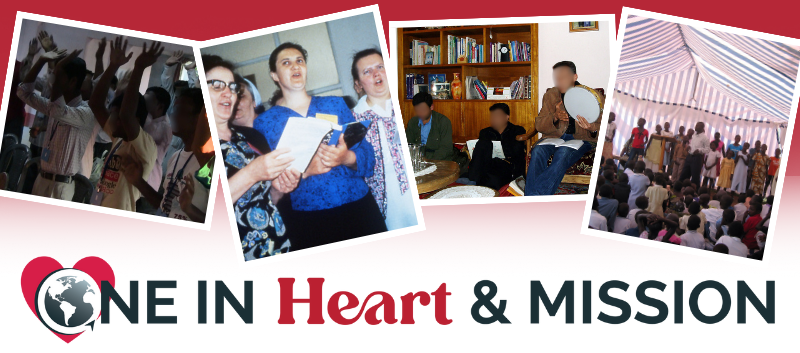Adapting ministry to a pandemic
- Entrust
- Dec 1, 2020
- 2 min read
Updated: Aug 25, 2023

This year, nearly everyone on planet Earth consciously or unconsciously contextualized to a virus called COVID-19. We learned to carry on business, family events and relationships in new ways. At Entrust, we quickly adapted our leadership training methodologies.
Nik and Grace Nedelchev, under lockdown in Bulgaria, continued mentoring, counseling and holding small group gatherings, online. Mark Van Bebber went on mentoring Hungarian pastors online while stranded in Arizona. Entrust staff held several 50-hour training modules online, in weekly or bi-weekly segments, across Europe, Russia, the Middle East, parts of Asia and the U.S.
Our in-person events were fewer but effective. Without a visiting team of Americans as a draw, Jerry and Marilyn Farnik held an English camp and a VBS in the Czech Republic, impacting over 100 people. In Moldova, pastors trained by Harvey Newton stepped in and continued multiplying their training with local pastors when Harvey could not travel there.
Many of our staff wrote devotionals and Bible studies employing Entrust’s discovery-based learning methods, for use by anyone, anywhere.
Entrust women’s ministry leaders conducted Zoom skills seminars, helping participants learn to capitalize on Zoom functions for optimal online small group learning experiences.
Dare we say it’s been good for all of us to learn to adapt, to gain new skills and modify old ones, for kingdom purposes? How might God ask us to further contextualize our ministries in 2021?
To contextualize, according to various dictionaries, is to “place into a context.”
At Entrust, we think of contextualization as a careful and conscious effort to ensure the gospel, its application and our church leadership training methods are authentically communicated and experienced in any situation. Normally, we make this effort when working in new cultures.
This year was different.




Comments